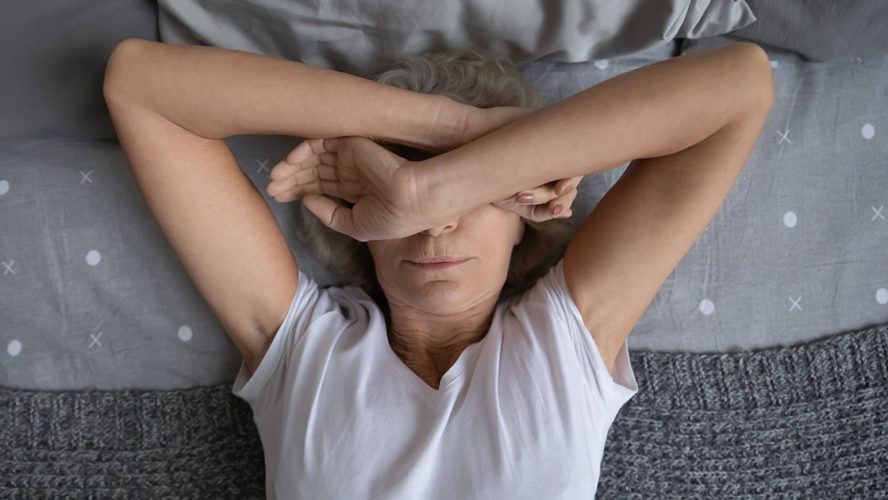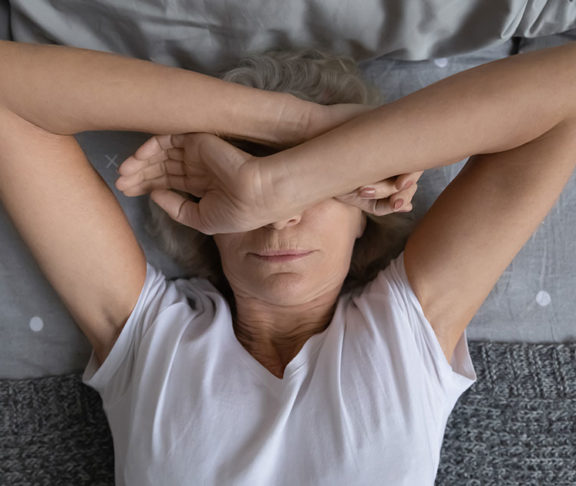Urinary incontinence remains deeply stigmatized, preventing millions of women from living life to the fullest.
My wife and I co-founded Attn: Grace in 2019, inspired by the belief that women were long overdue for a better way to manage bladder leaks. Urinary incontinence (UI) is an incredibly common condition that impacts over 19 million women in the United States alone. But, we knew — primarily from watching my mother-in-law struggle to find products she could trust — that there was this huge segment of our population with very real day-to-day needs that weren’t being met.
We launched in 2020 with the first-ever line of skin-safe, dermatologist-tested, high-performance incontinence care products for women with the ultimate goal of improving quality of life for women living with UI.
More common than it seems
For context, let’s look at some statistics about how this condition impacts women’s quality of life day-to-day.
Because of incontinence:
- 56% of women avoid social events
- 27% of women are getting less sleep
- 50% of women worry about laughing in public
- 75% of women avoid group exercise
- 68% of women say they just “have to put up with it” and have never consulted their doctor
If you’re wondering why more women aren’t talking about their bladder leaks given how profoundly this condition impacts their lives, the answer is somewhat complex and informed by:
- A culture that has socialized women for centuries to quietly endure this and so many other aspects of our health and well-being (Menstrual care, reproductive care, fertility, sexual wellness, hormonal health, pelvic floor health, etc.)
- A healthcare system in which women are categorically underserved
- Individual experience
With regard to the latter, we’ve found that women are often caught between two paralyzing (and opposite) assumptions:
- It’s just me. Many women, understandably, feel alone in their experience of incontinence, assuming that something must be wrong with them and struggling in silence rather than risking the embarrassment of talking about it.
- It happens to everyone. Many women feel that what they’re experiencing isn’t exceptional — that it’s an inevitable part of life post-childbirth or life after a certain age. And just like we’ve been taught, we accept it as just another fact of life, unaware that, in many instances, urinary incontinence can be treated or mitigated.
One of the most compelling statistics I’ve learned is that it takes a woman, on average, six years before she’ll talk with anyone, including her own doctors, about her bladder leaks. It was this fact that inspired us to launch our resource library, where women can learn more about their condition and find a specialist near them.
When women lead, we all win
As with so many things, empathy, education and empowerment are critical to breaking the silence around this condition that is often treatable. From female celebrities to the reel docs of TikTok, we’re seeing an inspiring openness to talk about previously ignored and stigmatized women’s health.
Additionally, women entrepreneurs are making it their mission to raise awareness, speaking openly about their struggles, and creating the cultural change they want to see in the world. In fact, FemTech, a growing category of largely tech-enabled, consumer-centric solutions addressing women’s health, is powered by women entrepreneurs, with over 70% of FemTech companies having at least one female founder. From maternal health, menstrual health, pelvic and sexual health, fertility, menopause, and contraception, women are stepping up to solve for unmet needs.
According to McKinsey, research has shown that when inventors set out to solve a health problem, male inventors are more likely to solve for a male-oriented condition; women-led teams solve for both. Increasing female representation among researchers, inventors, investors, and founders can create more consumer-centric products and solutions that recognize and target women’s specific healthcare needs.
Women can shape the future
Imagine a world where women seek out help, without shame, when they first experience bladder leaks. Where they are covered by healthcare to receive pelvic floor physical therapy. Where they have an OBGYN who had been trained in menopause (currently, fewer than 1 in 5 OBGYNs in America receives formal training in menopause). A world in which there is access to high-performance, skin-safe incontinence products that allow women to confidently live life to the fullest.
At Attn: Grace, we often talk about ourselves being a wellness company. Our game-changing incontinence products are a means to a vibrant and fulfilling end — a world in which women with bladder leaks do not fear social engagement. A world in which they can sleep better, laugh harder, and do what they love in good company.



